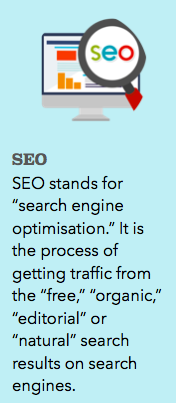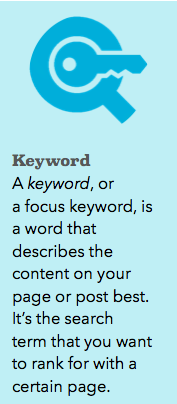What is a hotel SEO strategy?
What is SEO?
SEO - three letters that became one of the most important ingredients of the Marketing strategy. The very first thing that comes to the mind, when talking about SEO strategy is a keyword. For a website to be successful is inevitable to have certain keywords that would help to distinguish your website from all the other ones. However, for a hotel website to be outstanding is quite a challenge. The most logic keyword could be hotel+your location. But just imagine, how many hotels thought about the same. Do not put your brand at all as a keyword. It's not really a big chance that someone would "Google" your exact hotel name. Unless you are a big chain. Therefore you should focus on Meta titles and Meta descriptions.
Click on any column and learn more about these SEO specifics.
How to create your hotel SEO strategy?
There are many agencies and online resources that can help with SEO. However, these services are expensive and that's why it's good if you can deal with the search engine by yourself, at least a minimum level.
- Make sure that your hotel's website is at it's best. It must be responsive, visually pleasing and work fluently. It must have a short load time, it can not contain any auto-playing media or downloadable PDF files. These features are already past. All must be displayed online with no need to download. The website must be updated regularly, meaning that you must keep content fresh. If there are any new events upcoming - let people know. If you have any special happening at your hotel - add this information to your website. It will keep guests informed and the search engine will get more information about your place.
- Create a blog. Blogging is one of the easiest ways to fill your website with content. It is pretty easy to place long-tail keywords to bigger volume content. Meaning that blog posts can earn you a higher place at the search results. Don't forget to add internal links to your blog posts. When guest will be reading your post, make sure they can find a button that redirects them back to your main website with the corresponding offer. For example: write a blog post about the carnival in your city. At the end of the blog post, add the button, that leads to your website's booking page. It will look pretty casual and people, who will be interested to visit the city during the carnival, will be able to book an accommodation right there).
- Be visible in as many pages as possible. If you are running a business, then you must be listed on Google Places, Google Plus, and Google my business. Make sure that you have nicely formed information on OTAs and other industry related pages, e.g. TripAdvisor. If you see the opportunity, appear in the local newspaper or industry related online article. A good PR coverage can bring a huge amount of potential guests. Plus, most probably, you will not need to create the content by yourself, it will be done by the professionals.
Good to know...
📱- Make sure, that your website is mobile friendly. First of all, focus on having a mobile version of the website. Why? Because since 2018 Google is prioritising such websites over the desktop version.
🗣️ - Create human sounding phrases and make them look as natural as possible. Why? As mobile devices are getting more sophisticated, people tend to look for the answers entering a question voice search. Meaning, that you have to have long-tail keywords in your content that sounds organically. As if you would be talking to people and not search engines.
🏞️ - Use as much as possible of visual content, such as pictures or videos. Why? The hospitality business is the one, where people want to see what they are choosing before making a decision to purchase. Strong visual content will boost you in the search results. Ensure that your website has 360° photos, panorama pictures and short videos from your hotel.
***
If you will decide to go with the SEO strategy by yourself, you must to come up with the plan and stick to it. Consistency is the key. If you decide to go with blogging, then make sure you have posts coming out frequently. If you choose newsletter - send it on a schedule. If you bling your website, make sure to follow up with news and update it every few weeks. Yes, keywords matter, but topics are more important. Catch an eye of the reader. It always works well if accommodation businesses publish "Top 10..." lists with the happenings or activities in the city. People might simply enter "Events in Budapest, April" and they will find your "Top 10 exhibitions in Budapest this April". Such a topic will catch their attention and most probably they will book a room at your place (if your content was convincing enough).






